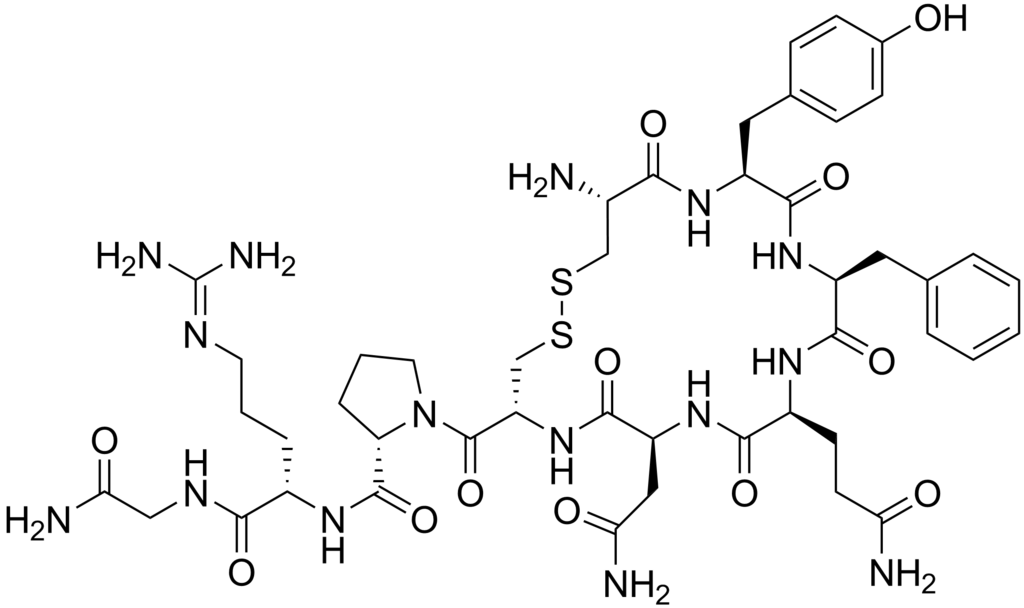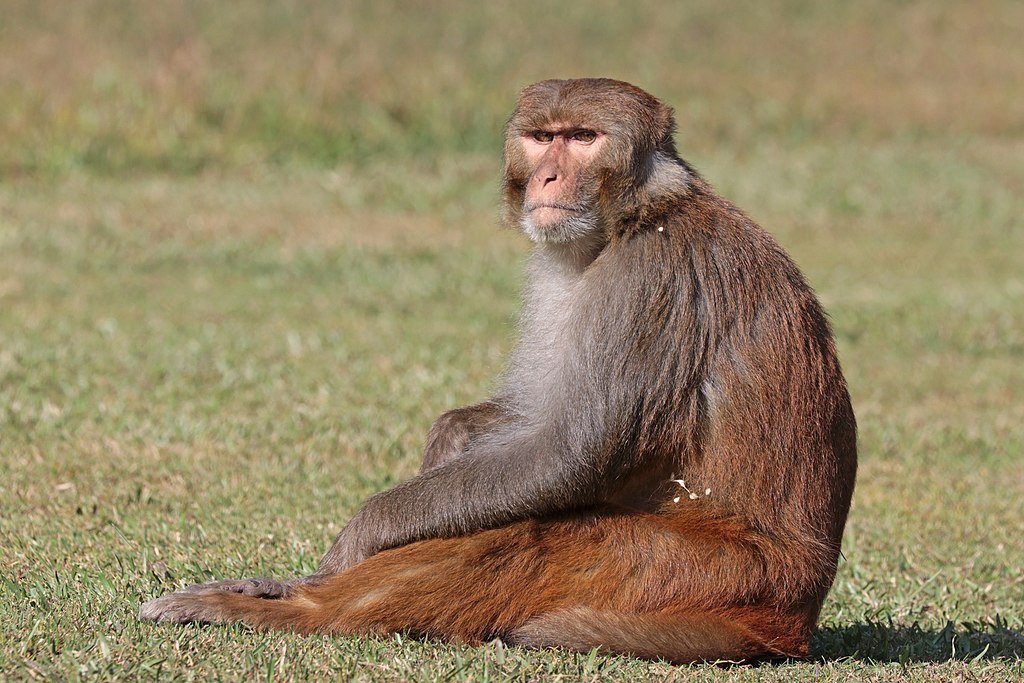A groundbreaking study has revealed that supplementing vasopressin, a hormone linked to social behavior, may improve social cognition in rhesus monkeys without increasing aggression. Researchers at Florida Institute of Technology, in collaboration with Stanford University and the University of California, Davis, explored how vasopressin affects low-social monkeys, offering insights into potential autism treatments.
How Vasopressin Influences Social Behavior

Some rhesus monkeys naturally exhibit low-social tendencies, similar to individuals with autism spectrum disorder. Scientists found that these monkeys had lower vasopressin levels in their cerebrospinal fluid. By administering nebulized vasopressin, researchers observed significant improvements in social interactions, including increased engagement and recognition of familiar faces.
Addressing Previous Concerns About Vasopressin
Earlier studies suggested that vasopressin could increase aggression in animals, leading to concerns about its use as a treatment. However, researchers argue that previous experiments tested vasopressin in neurotypical rodents, rather than animals with low-social tendencies. In this study, rhesus monkeys receiving vasopressin showed enhanced social cognition without displaying aggressive behaviors.
Implications for Autism Research
The findings suggest that vasopressin supplementation could be explored as a therapeutic option for individuals with autism. Current FDA-approved treatments primarily address associated symptoms rather than core social traits. By targeting social cognition directly, vasopressin-based therapies may offer new possibilities for improving social interactions in autistic individuals.
Conclusion

This study highlights the potential of vasopressin in enhancing social behavior in rhesus monkeys, paving the way for further research into autism treatments. As scientists continue to investigate its effects, vasopressin supplementation may emerge as a promising approach for improving social cognition in individuals with autism.
Source:





